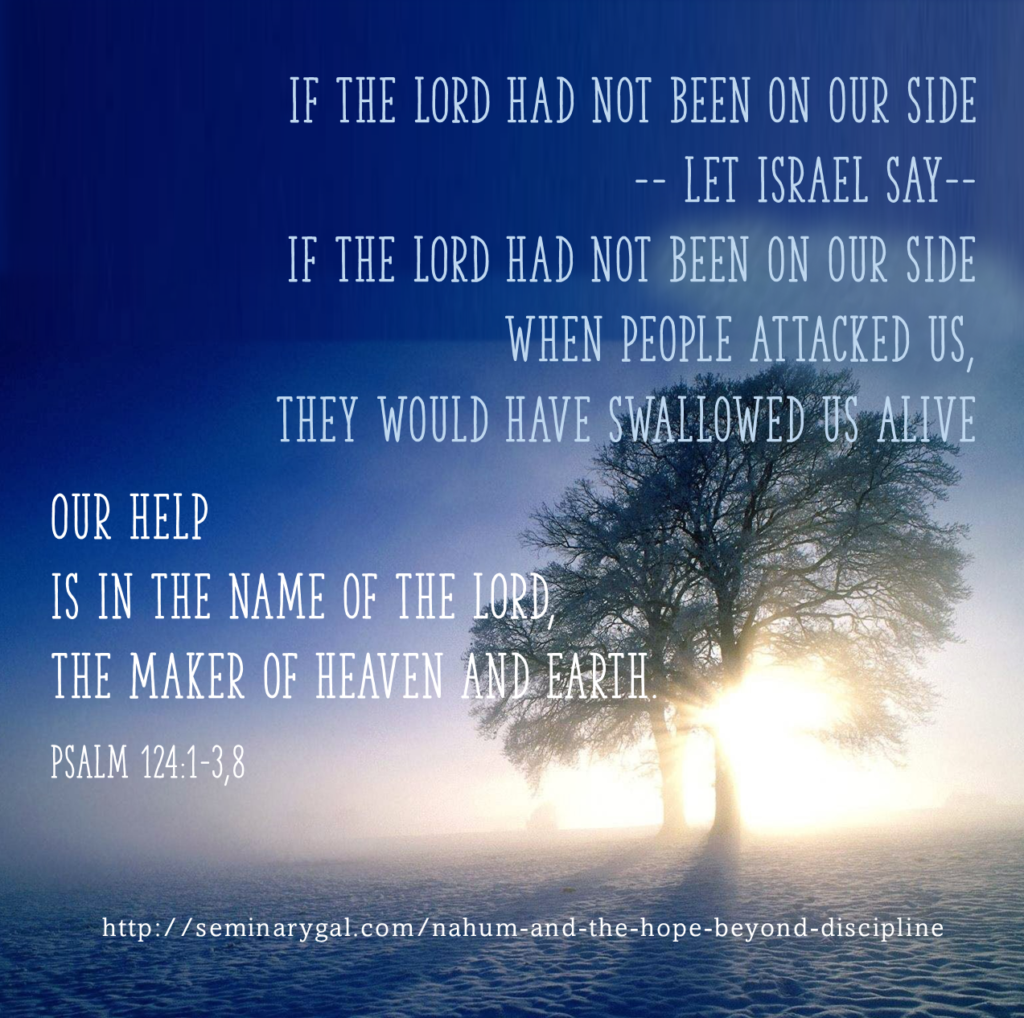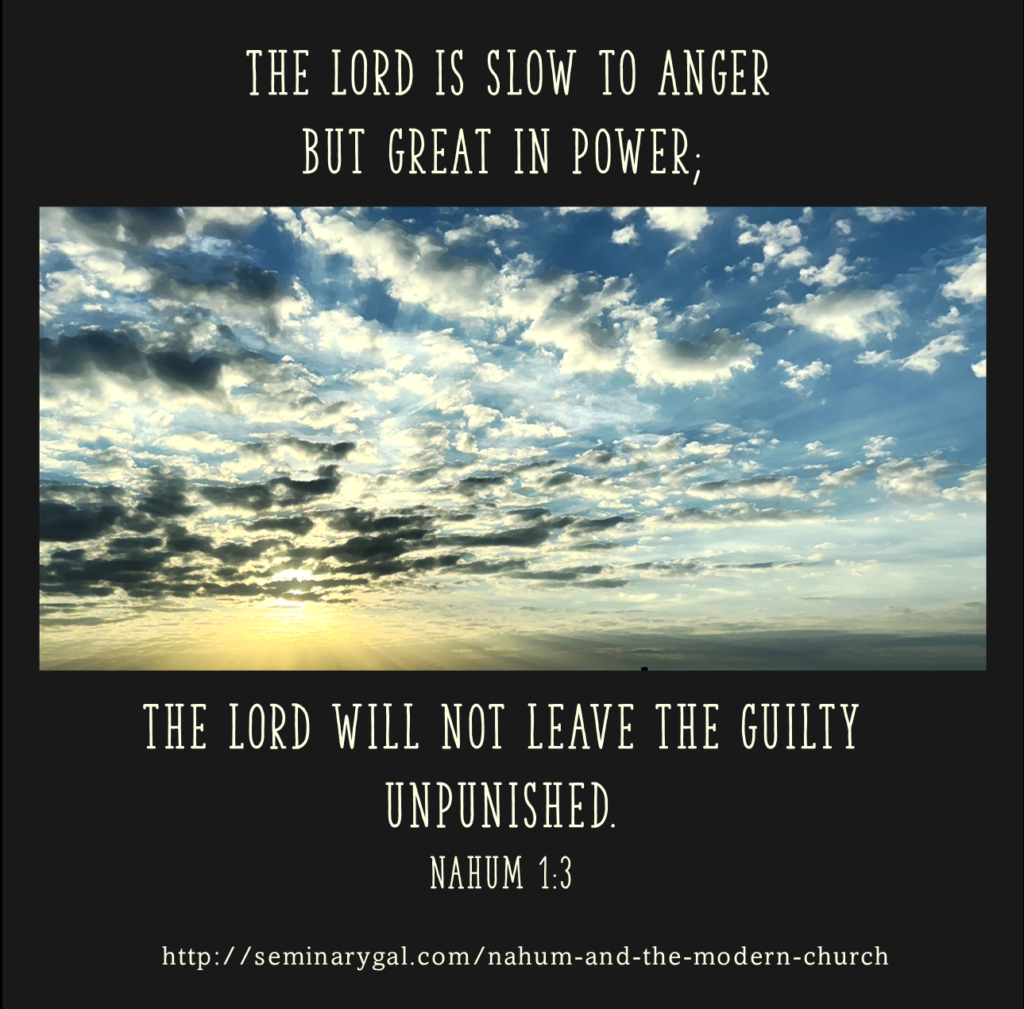Today is Ash Wednesday. The beginning of Lent is the perfect time to reflect upon who we are and our relationship to the God who created us.

.
God created us for His pleasure, to bring Him glory, and to accomplish this, He created us in His Image. Our purpose in living is to display His glory, His love, and His Image, and to multiply it throughout the world.
We were given this Image at mankind’s initial Creation and unlike the original Adam and Eve, and our Lord Jesus (who was not created), every human to-date still displays it, albeit in broken or defaced form. But Adam and Eve weren’t created from the get-go as broken people with a defaced, relic of God’s Image. They were perfectly reflective of God’s Image.
But what exactly is the Image of God? And does He create us now with a defaced, relic of His Image? Are we created sinners or just born that way?
Over the next 40 days, we will be nibbling around the edges of this topic of great discussion by theologians over the centuries, asking questions about what it means to be made in the mysterious Image of God.
Focus for Lent: Ash Wednesday has a traditional introspection on our sin nature and need for repentance as God’s Image-bearers.
Questions for further thought:
How does our sin nature relate to our having been created in God’s Image? Can you identify ways in which you are failing to live up to His likeness you were created to be and His Image you were intended to display?
In light of our imperfect and fallen sin nature and God’s perfection, how might repentance be appropriate as our response as His Image-bearers?
What can you do today to better reflect God’s Image and likeness?
Prayer for today:
Lord Jesus, help me to recognize the sins that I commit. Help me to see that the good things I have left undone, the ways I’ve diminished my fellow man, and my life/thought patterns which I know have grieved You. All of these failures are all sins against You and Your Image, something so precious in me. I ask for Your forgiveness, and that You would guide me to display Your Image and share Your gospel of salvation with the watching world. Amen.
===
If you’re already signed up on my Home Page sidebar to receive posts, you’ll get the 2023 Lent Devotionals automatically. Or you can “Like” Seminary Gal on Facebook and they’ll be delivered to your Facebook news feed. If you haven’t signed up, today is a great day to do so. Advent and Lenten devotionals remain among my most popular offerings. You don’t want to miss this encounter with God to prepare your heart for Easter! Understanding that prior years’ devotionals continue to minister, you may want to have access to a full series ahead of time:
- Lent 2013 looked at The Letter to the Romans: Paul’s Masterpiece to reclaim foundations of our Christian heritage and began February 13, 2013.
- A very special and ever popular offering was Lent 2014’s Be Still and Know that I AM God which can be obtained through the archives beginning in March 2014.
- Lent 2015 began on February 18, 2015 with a series entitled With Christ in the Upper Room: Final Preparations. We explored what is often called “The Upper Room Discourse” found in John chapters 13-17.
- ReKindle, the Lent 2016 series, began on February 10, 2016 and encouraged us to rekindle our spiritual lives.
- Light: There’s Nothing Like It was the 2017 Lent series and explored this metaphor often used to portray Christ. It is archived beginning March 1, 2017.
- Lent 2018, we explored the questions of Pi and Chi (the Greek letter beginning the word Christos, which means Christ, Messiah, the Anointed One). We asked and answered the questions “Why?” from the movie Life of Pi as we discovered the uniqueness of Jesus Christ in a world of many faiths.
- Lent 2019 gave us a deeper window into Easter “More to the Easter Story” since we miss so much when we rely only on a superficial understanding of the work of Christ. These devotionals are archived beginning March 6, 2019.
- Our Lent 2020 devotional series offered prayer points surrounding “Be Thou My Vision” and were aimed at helping us to see God for who He is. The full set of devotionals are archived beginning February 26, 2020.
- The theme for 2021 Lent Devotionals was how to live between two worlds while waiting for Christ’s return. Into the gap between the City of Man and its fixation upon sin and the City of God with its demand for holiness, two words minister peace: But God. Praise God for His intervention! They are archived beginning February 17, 2021.
- Last year’s devotionals, Revelation in 40 offered 40 vignettes, scenes, concepts, and thoughts to inspire us to read the Book of Revelation as it is written and to go deeper. They are archived beginning March 2, 2022.








